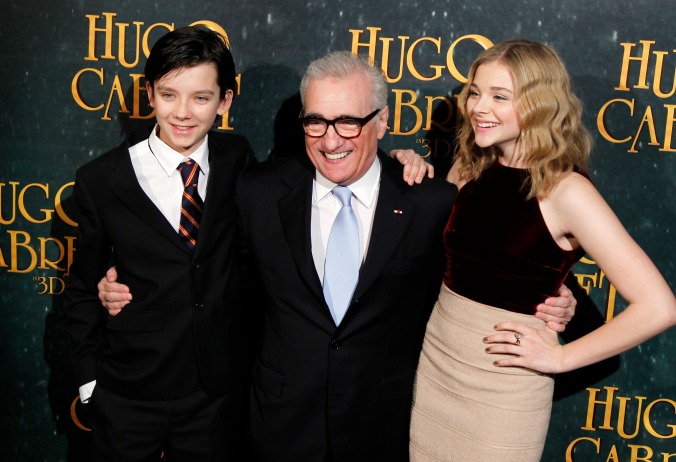Per Chloë Grace Moretz, prepping for a Martin Scorsese film involves a big cardboard box and a lot of movies
In an exclusive interview with The A.V. Club, Moretz recalls Scorsese gifting her dozens of movies, all of which he wanted her to watch before filming Hugo

When a passion for the form is at the core of your directorial philosophy, as is the case with Martin Scorsese, watching is just as important as creating. It’s something Chloë Grace Moretz learned when she was just a tween, starring in Scorsese’s 2011 film Hugo. In an exclusive interview with The A.V. Club’s own Jack Smart, The Peripheral star recalls Hugo’s road to fruition, which she says began with a movie ultramarathon courtesy of Scorsese.
“He is such a cinephile, and he really imparted that knowledge to me, just in the time that I got to spend with him,” Moretz explains. “One of the first things he did when I showed up to start preproduction is he had a big box dropped off, and it had probably 25, 30 movies in it. And he was like, ‘Before we start production, you have to watch all of these.’”
Moretz continues on to share that her co-star Asa Butterfield also received a box of films, although Scorsese chose different films for Butterfield than he did for Moretz. After the duo studied up, Moretz says Scorsese would “basically pop quiz” them on it.

 Keep scrolling for more great stories from The A.V. Club.
Keep scrolling for more great stories from The A.V. Club.